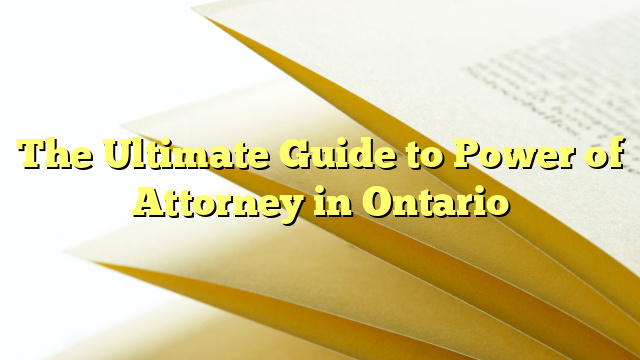body {
font-family: Arial, sans-serif;
margin: 20px;
}
h1 {
font-size: 24px;
font-weight: bold;
margin-bottom: 20px;
}
h2 {
font-size: 20px;
font-weight: bold;
margin-top: 40px;
margin-bottom: 10px;
}
h3 {
font-size: 16px;
font-weight: bold;
margin-top: 30px;
margin-bottom: 10px;
}
p {
margin-bottom: 15px;
}
table {
margin-bottom: 20px;
}
th {
text-align: left;
}
a {
text-decoration: none;
color: #000;
}
a:hover {
text-decoration: underline;
}
Artificial Intelligence And The Future Of Cyber Law: Threats And Opportunities
Table of Contents
- Threats to Artificial Intelligence in Cyber Security
- Opportunities and Threats of AI
- How Artificial Intelligence is a Threat for the Future
- Is Artificial Intelligence a Threat or Opportunity?
Threats to Artificial Intelligence in Cyber Security
Artificial Intelligence (AI) has become an integral part of the cybersecurity landscape, but it also poses several threats. One major threat is the potential for AI to be used by hackers and cybercriminals to launch sophisticated attacks. AI-powered malware can adapt and evolve, making it more challenging for traditional security measures to detect and mitigate.
Another threat is the potential for AI to be used in social engineering attacks. AI algorithms can analyze vast amounts of data to create highly targeted phishing emails or scam messages, increasing the likelihood of successful attacks.
Opportunities and Threats of AI
While AI presents threats to cybersecurity, it also offers significant opportunities. AI can be used to enhance threat detection and response capabilities. Machine learning algorithms can analyze network traffic and identify patterns that indicate a potential attack, allowing security teams to respond quickly and effectively.
AI can also automate routine cybersecurity tasks, freeing up human analysts to focus on more complex issues. This can improve efficiency and reduce response times, ultimately strengthening an organization’s overall security posture.
How Artificial Intelligence is a Threat for the Future
As AI continues to advance, there are concerns about its potential misuse. The development of autonomous AI systems raises ethical and legal questions. For example, if an AI system autonomously makes decisions that result in harm, who is responsible?
There are also concerns about AI bias and discrimination. If AI algorithms are trained on biased data, they may perpetuate existing biases and discriminate against certain groups. This can have significant societal implications.
Is Artificial Intelligence a Threat or Opportunity?
The answer to this question is not black and white. Artificial Intelligence can be both a threat and an opportunity. It has the potential to revolutionize cybersecurity and improve defense capabilities. However, it also introduces new risks and challenges that need to be addressed.
To harness the benefits of AI while mitigating its risks, it is essential to develop robust regulations and ethical frameworks. Collaboration between policymakers, technologists, and legal experts is crucial to ensure that AI is used responsibly and for the greater good.


Invoking Power of Attorney in Ontario is incredibly useful! It allows for peace of mind when planning for the future.
Excellent guide to POA in Ontario.
Ultimate guide to POA in Ontario!